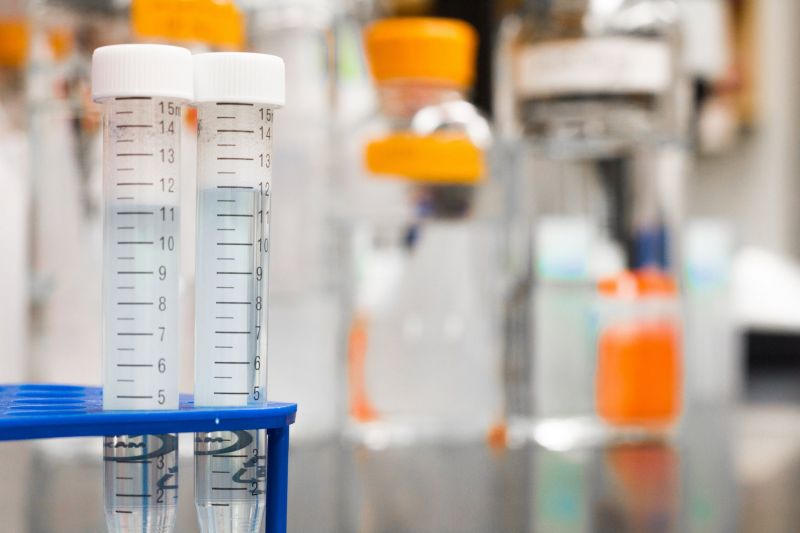PhD's Ground-breaking Sanitation Tech Scoops Santander Award
Published on by Water Network Research, Official research team of The Water Network in Technology
A PhD researcher from Brunel University London has claimed the prestigious Santander University Entrepreneurship Award for his ground-breaking modular wastewater treatment system.
By Tim Pilgrim, Brunel University London

Representative Image Source: Pexels, labeled for reuse
Brunel’s Tom Fudge fought off stiff competition to collect the £25,000 award on behalf of his company WASE, whose treatment cells could soon be producing thousands of liters of clean water a day for some of the world’s poorest communities.
“We couldn’t believe it when they called out our name,” said Tom, who graduated with an MSc in Sustainability, Entrepreneurship & Design at Brunel before moving on to his PhD.
“Every business pitching had such a great story as to why they started their business – it was inspiring to be a part of it. But winning the Santander Entrepreneurship Award is a fantastic achievement for the team as they have put in such hard work over the last six months to get us to this point. I can’t wait to see where we are in the next six months with the extra funding and traction that we have got from the last two weeks.”
Globally there are around the 2.3bn people with inadequate sanitation – a situation Tom says is losing the economy £169bn a year and causing untold suffering to millions.
WASE’s solution is a modular onsite treatment system which converts wastewater into clean water for irrigation use, recovers nutrients for fertilizers and generates biogas for cooking and electricity. Each cell can treat 1000 liters of wastewater a day and provides 1.7 times the energy and is ten times faster than technologies such as anaerobic digestion.
The latest win comes hot on the heels of other award success for Tom, with Wase also collecting the £10,000 first prize at the NACUE’s Varsity Pitch Competition earlier in November, the Shell Smarter Future award in January 2018 and the UK Energy Innovation Award in 2017.
“I think two aspects that helped us win the Santander award and NACUE was our ability to tell the story of why our solution is needed to tackle the sanitation crisis,” said Tom.
“With our approach, we are trying to change sanitation from a model that is an economic drain, to one that creates opportunities through environmental impact locally and global, financial savings and revenue opportunities from biogas and fertilizer sales.
“We also had a real emphasis on social aspects, from community-led design and integration to breaking down some of the barriers that poor sanitation builds – like access to education for girls who often drop out of school when they come onto their menstrual cycle.”
Buoyed by their success, Wase now plans to expand their research and development and will soon be installing a new pilot system in Italy. Further systems are then planned for Kenya and Benin, where fuel shortages currently require children to take firewood to school so they can get a cooked meal for lunch.
“Our system can replace this need for firewood with the biogas that we generate,” said Tom.
Source: Brunel University London
Media
Taxonomy
- Wastewater Disposal
- Wastewater Use
- Drinking Water Security
- Ecological Sanitation
- Reclaimed Wastewater
- Decentralized Wastewater
- Drinking Water Treatment
- Cooling Boiler & Wastewater
- Water Treatment & Control
- Waste Water Treatments
- Wastewater Treatment
- Wastewater Collection
- Sanitisation Methods
- Sustainable Sanitation
- Waste Water Reclaimation
- Water & Sanitation
- Sanitation & Hygiene
- Sanitation & Hygiene
- Drinking Water Managment
- Drinking Water
- Waste Water Serviceability
- Waste Water Treatment